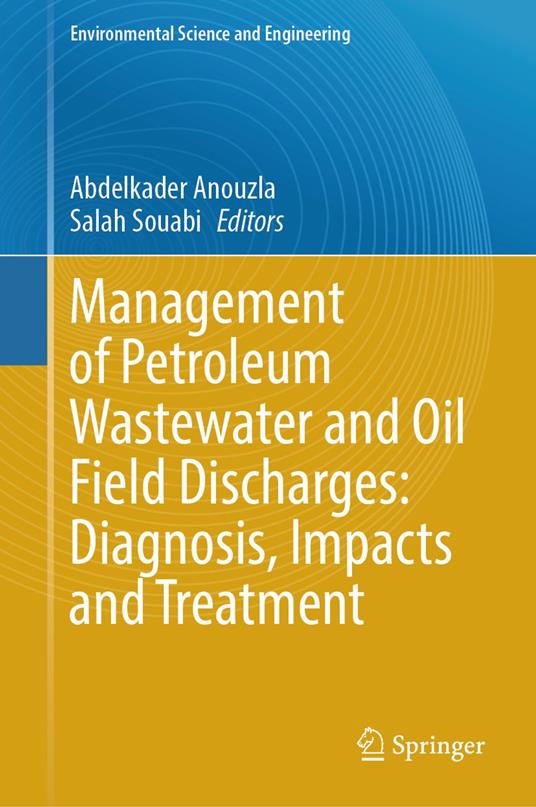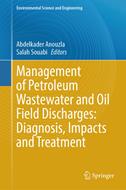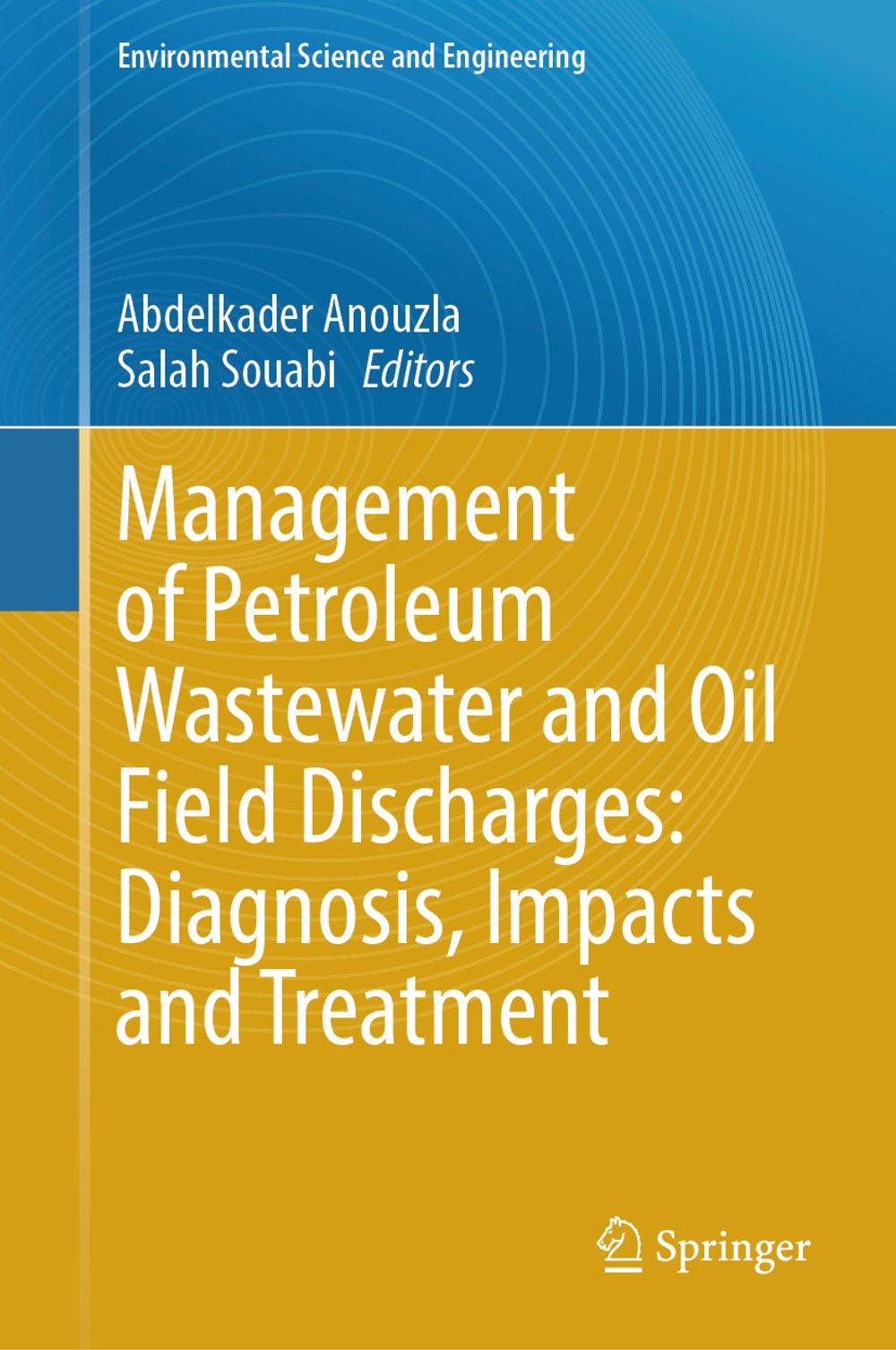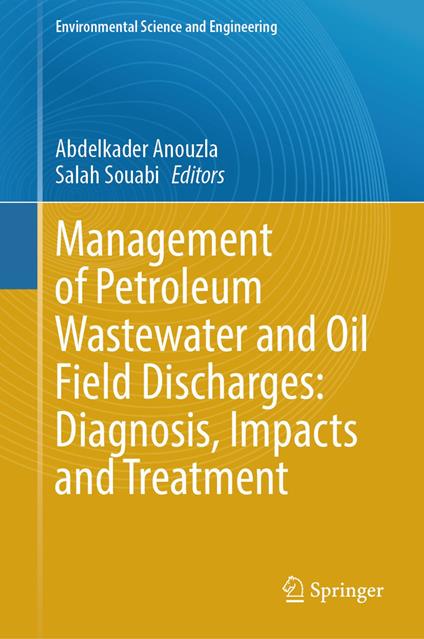Management of Petroleum Wastewater and Oil Field Discharges: Diagnosis, Impacts and Treatment
This book extensively elaborates on the most effective practices for managing liquid petroleum discharges, delving into intricate details to comprehensively understand the subject matter. Human activities hurt the environment by contaminating water, air, and soil. The expansion of the Oil Field globally has resulted in the generation of harmful waste materials that have significant consequences on the ecosystem and human health due to the functioning of manufacturing facilities. The emission of harmful pollutants into the atmosphere necessitates a decrease in pollution levels to mitigate the impact of climate change, which threatens humans, animals, and vegetation. Therefore, there is a critical need to implement measures that can effectively reduce pollution levels and safeguard the environment for future generations. Although the Industrial Revolution was a great success in terms of technology, society, and the provision of multiple services, it also introduced the production of vast quantities of pollutants emitted into the air, soil, and water. Environmental regulations require adequate and appropriate treatment techniques for hydrocarbon-laden industrial discharges to avoid degradation of environmental quality. The hydrocarbon industry also generates a lot of polluted water (oily water) from Oil Field and gas production. The main pollutants are heavy metals, hydrocarbons, phenols, nitrogenous matter, oils and greases, phosphorus matter, and suspended solids. It is crucial to note that the Oil Field and gas industry, as a major water consumer, also generates a significant amount of water from Oil Field and gas extraction. Unfortunately, these industries often discharge their polluted water into the environment without any prior treatment, highlighting the urgency of the issue. Several industrial units currently use a number of physicochemical, membrane, biological, or combined processes to reduce water pollution. These processes appear to be becoming highly effective tools for purifying and recycling liquid effluents.
-
Curatore:
-
Anno edizione:2025
-
Editore:
-
Formato:
Formato:
Gli eBook venduti da Feltrinelli.it sono in formato ePub e possono essere protetti da Adobe DRM. In caso di download di un file protetto da DRM si otterrà un file in formato .acs, (Adobe Content Server Message), che dovrà essere aperto tramite Adobe Digital Editions e autorizzato tramite un account Adobe, prima di poter essere letto su pc o trasferito su dispositivi compatibili.
Cloud:
Gli eBook venduti da Feltrinelli.it sono sincronizzati automaticamente su tutti i client di lettura Kobo successivamente all’acquisto. Grazie al Cloud Kobo i progressi di lettura, le note, le evidenziazioni vengono salvati e sincronizzati automaticamente su tutti i dispositivi e le APP di lettura Kobo utilizzati per la lettura.
Clicca qui per sapere come scaricare gli ebook utilizzando un pc con sistema operativo Windows



